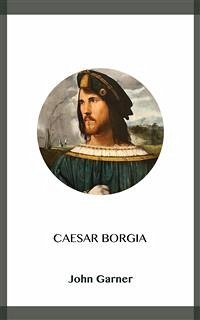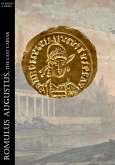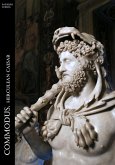With the passing of the “great man theory,” biography and history have become completely separated, and a personality such as Caesar Borgia is interesting now chiefly as a product of the egoism of the age. Vast, unrestrained selfishness was the predominant characteristic of the men of the Italian Renaissance. The Peninsula was in the grasp of a number of petty tyrants who, to advance their own interests and those of their families, hesitated at no crime. Never before was love of power so general and carried to such extremes. Men and women were mere pawns in a stupendous political game. In the governing families the women especially were regarded as assets to be used in establishing alliances to increase the power of the clan. Men of iron played fast and loose with states and principalities; to them the lives of a city’s population were nothing except so far as their own projects and power were concerned. Of this world the Borgias were part, although they were interlopers in the affairs of the Peninsula; they saw other upstarts securing vast wealth and dominion, and why should not they? The thing were easy with Rodrigo Borgia on the throne of St. Peter. Money in unlimited amounts was at their command and the spiritual weapons of the Church had not yet been cast on the rubbish-heap—there were still kings and princes that quaked at the threat of excommunication. Other men, other families, have played a much more important part than the Borgias in the drama of history; others have committed as great crimes; others have surpassed them in every field of human activity—in fact, no member of the Borgia family ever produced anything of enduring value to Italy or the human race. We are therefore led to ask why Alexander VI., Caesar, and Lucretia Borgia have always aroused such profound interest. Gregorovius ascribes this to the violent contrast of their mode of living—their morals—with the sacredness of the Holy Office. An explanation wholly adequate; for, although there were temporal princes who equalled or surpassed Alexander VI. and Caesar Borgia in wickedness, the Papacy furnishes no other example, in the person of Pope or cardinal, of as great moral obliquity. Caesar had been a cardinal, and in all his projects, after as well as before he relinquished the purple, he was supported by the Pope, his father.
Bitte wählen Sie Ihr Anliegen aus.
Rechnungen
Retourenschein anfordern
Bestellstatus
Storno









